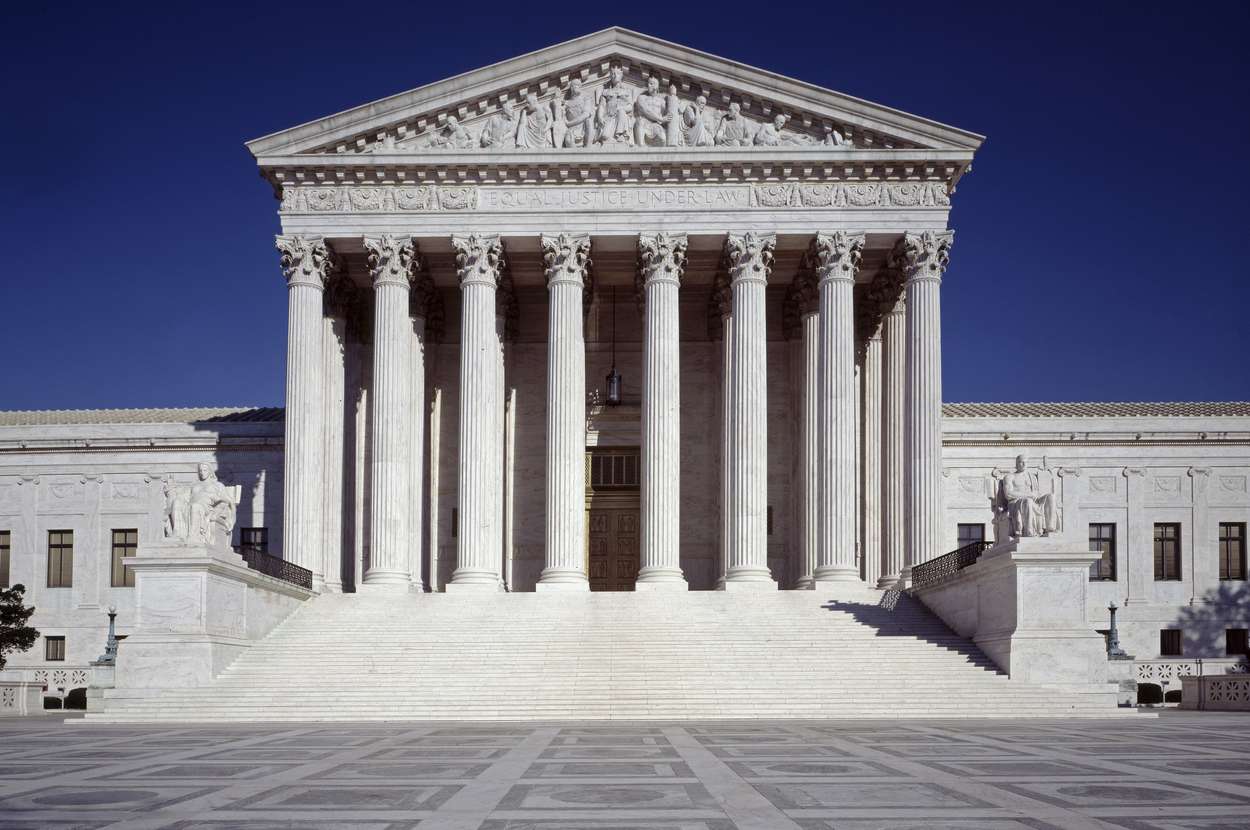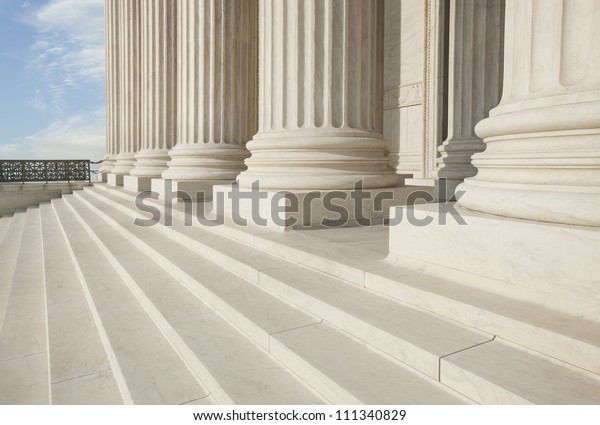Discover the Decorative Columns at the Supreme Court

The Supreme Court is a symbol of justice and law, boasting remarkable architectural elements that convey grandeur and significance. Among these architectural features, the decorative columns stand out as integral elements that contribute to the court's iconic presence. This long-form exploration delves into the rich history, style, and symbolism behind these columns, offering an educational insight into one of Washington D.C.'s most revered landmarks.
The History of Columns in Architecture


Columns have played a pivotal role in architecture since ancient times. Their origins can be traced back to:
- Classical Greek Architecture: With iconic orders like Doric, Ionic, and Corinthian, Greek columns were both structural and decorative elements symbolizing different societal ideals and virtues.
- Ancient Rome: Adopting Greek forms but innovating with Composite and Tuscan columns, Romans not only borrowed but also expanded on the column's aesthetics and uses.
- Medieval and Renaissance Revival: European Renaissance saw a renewed interest in classical forms, which influenced the design of civic buildings, churches, and eventually, the Supreme Court.
📝 Note: For a deeper look into the historical journey of columns, explore resources on architectural history.
Architectural Style of the Supreme Court

The Supreme Court building, designed by Cass Gilbert, was completed in 1935. Its architectural style can be characterized as:
- Neoclassical: Emphasizing symmetry, proportion, and the use of classical Greek and Roman architectural features.
- Greek Revival: Particularly evident in the choice of column styles and pediments, evoking the grandeur of ancient Greek public spaces.
The Columns: Style and Symbolism

The Supreme Court's façade boasts 16 massive Corinthian columns, but what makes them noteworthy?
Corinthian Columns

- Aesthetics: The most ornate of the classical orders, Corinthian columns feature elaborate capitals adorned with acanthus leaves and volutes, symbolizing the cultivated sophistication of Athenian culture.
- Symbolism: They reflect the high ideals of justice, wisdom, and fairness, which are core to the function of the Supreme Court.
Placement and Design

- Front Façade: The columns, standing over 40 feet tall, form the iconic portico, contributing to the building's imposing presence.
- Interior: Corinthian columns also grace the Great Hall, supporting a serene environment conducive to contemplation and deliberation.
Materials and Craftsmanship

The columns are made of:
- Marble: White Georgia marble chosen for its purity and the ability to withstand weathering, enhancing both durability and aesthetic appeal.
- Craftsmanship: Each column represents the peak of 20th-century craftsmanship, with detailed carvings and fluting that reflect the precision and artistry involved in their creation.
Columns and Culture

Beyond their physical presence, the columns at the Supreme Court evoke cultural significance:
- Democracy's Symbol: Columns evoke a sense of democracy, inspired by the Agora of ancient Athens, where citizens gathered to discuss matters of justice.
- Milestone for Progress: They mark a significant point in the evolution of American architectural design, showcasing the nation's embrace of classicism during a period of growth and self-reflection.
Preservation and Legacy

The preservation of these columns is vital, involving:
- Conservation Efforts: Regular cleaning, repair, and protection from weathering and pollution ensure their enduring legacy.
- Cultural Heritage: Maintaining the columns is part of a broader effort to preserve the historical and cultural value of the Supreme Court as a national treasure.
The exploration of the decorative columns at the Supreme Court offers a unique perspective on how architecture can encapsulate a nation's ideals and history. These columns are not just structural elements but bearers of symbolism, representing wisdom, justice, and the enduring values of the United States. As you walk past or into the building, take a moment to appreciate the craftsmanship, the artistry, and the profound message each column conveys.
What type of columns are at the Supreme Court?

+
The Supreme Court features Corinthian columns, known for their ornate capitals with acanthus leaves and volutes.
Why were Corinthian columns chosen?

+
Corinthian columns were selected to symbolize the high ideals of justice, wisdom, and the sophistication of the legal system, reflecting the court’s role as the highest authority in interpreting the law.
How tall are the columns at the Supreme Court?
+
Each column on the front façade stands over 40 feet tall, contributing to the building’s imposing and majestic appearance.
What material are the columns made from?

+
The columns are crafted from white Georgia marble, chosen for its durability, purity, and aesthetic appeal.
Why are columns important in architecture?

+
Columns have been integral to architecture, providing structural support while also adding symbolic and aesthetic value, reflecting cultural ideals and values through their design.